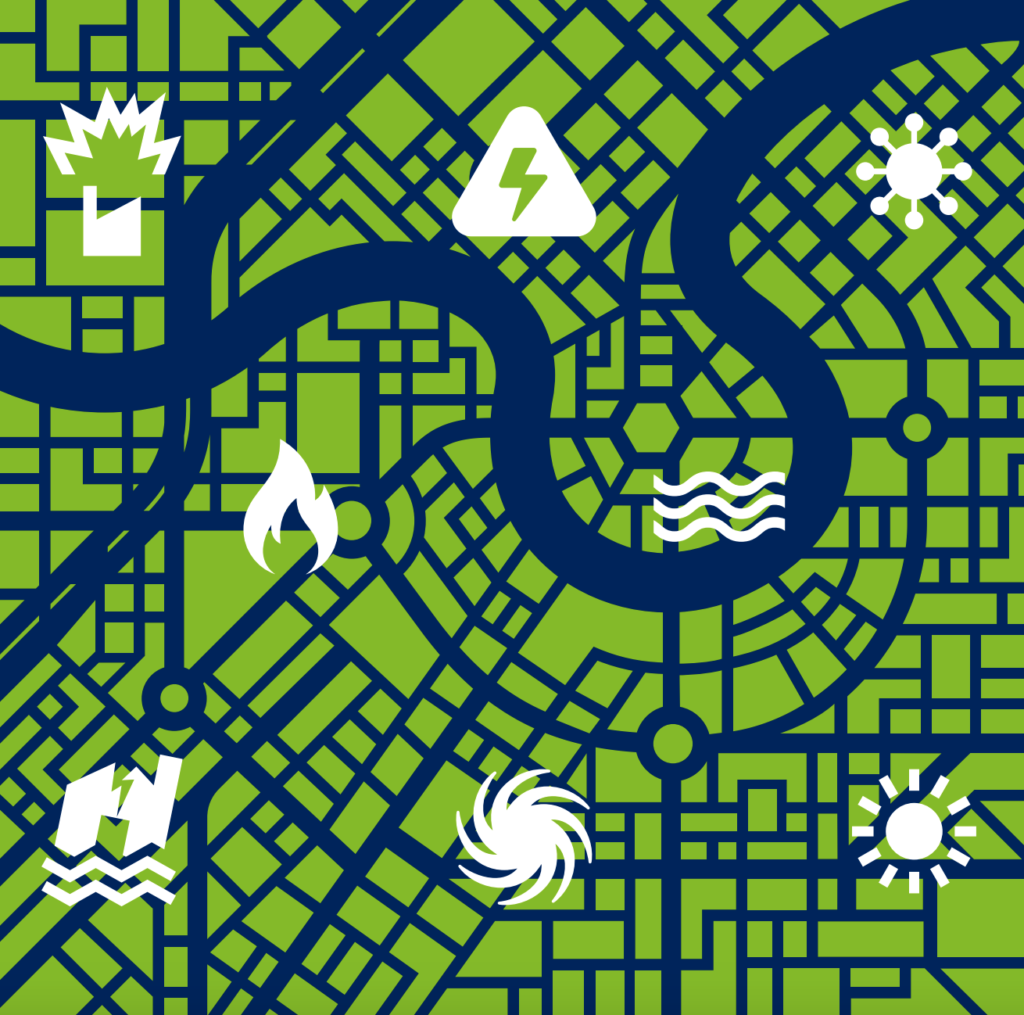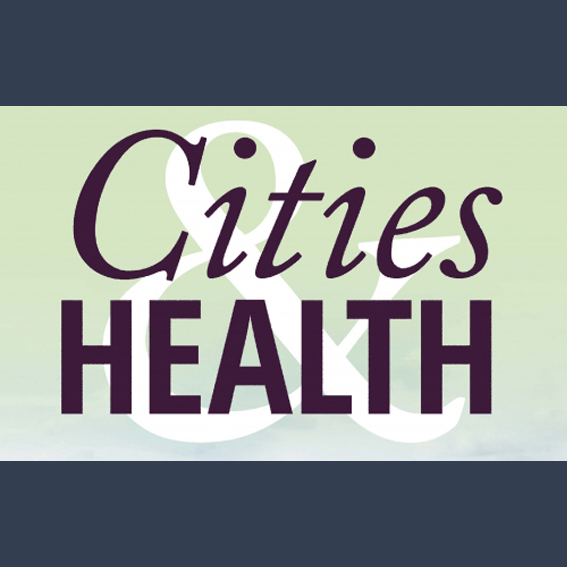How can indicators support planning for healthier and more resilient cities?

As emerging challenges have made urban areas increasingly vulnerable, jeopardizing the health and well-being of their inhabitants, resilience should be seen as a pathway for healthy cities and integrated into urban planning practices. This study shows if and how existing indicator frameworks can identify urban systemic vulnerabilities and priorities for resilience building to provide local authorities with evidence crucial in planning for healthy and resilient cities.
Identifying the best strategies and actions for cities to build urban resilience: a review of the evidence

Cities need to be aware of their vulnerabilities to local emergencies. They also need to understand which urban planning, design and management strategies work best to build resilience. We reviewed the latest scientific evidence to identify the most effective preparedness strategies for different emergency scenarios, analysing co- and dis-benefits among them. Ideas and tools for local authorities and communities in general to build back better.
Urban planning for health: experiences from 12 European cities on building resilience

Emergencies can become transformative experiences for cities: an opportunity to rethink, replan and rebuild, and to push for changes that can make them more healthy, sustainable, equitable and resilient. We interviewed 12 cities on their practical experiences with local emergencies and disasters, identifying common challenges and lessons learned for the future.


